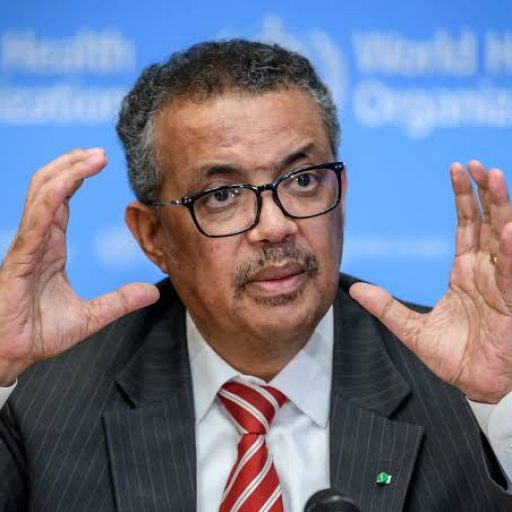The World Health Organisation (WHO) and Germany have renewed calls for urgent global action to tackle Non-Communicable Diseases (NCDs), describing them as a “silent pandemic” that claimed millions of lives each year.
Speaking at the World Health Summit 2025, on Monday in Berlin, Germany, Dr Tedros Ghebreyesus, WHO Director-General, said NCDs kill 43 million people annually and remained the world’s leading causes of death.
“Cancers, heart disease, diabetes, and chronic respiratory diseases account for seven of the world’s top ten causes of death.
“Every year, NCDs kill 18 million people under the age of 70, people cut down in their prime from diseases that could be prevented or treated,” he said.
Ghebreyesus disclosed that more than one billion people globally, faced mental health conditions, with suicide ranking as the third leading cause of death among young people.
He urged countries not to wait for the formal adoption of the new UN Political Declaration on NCDs before taking action.
“The challenge is huge but the solutions are available and affordable. Together, we can prevent disease, protect health, and save lives from NCDs now,” he said.
According to him, the upcoming UN declaration, expected to be adopted later in October, sets concrete global targets for the next five years, including 150 million fewer tobacco users, 150 million more people with controlled hypertension, and 150 million more people gaining access to mental health care.
Earlier, Germany’s Federal Minister of Health, Ms Nina Warken, reaffirmed her country’s leadership in global health and its commitment to tackling NCDs through prevention, reform, and innovation.
Warken described NCDs as a “silent pandemic” that demanded urgent attention.
“If NCDs were a virus, the world would be in lockdown,” she said.
She warned that they accounted for 90 per cent of deaths in Germany and 75 per cent of deaths globally.
She highlighted Germany’s inter-sectoral initiatives to promote physical activity, improve mental health literacy, and integrate prevention into all areas of policy.
“Prevention is not only a national priority, it is a global imperative.
“We know, we have the tools. What we need now is the determination and partnerships to deliver results,” she said.
The News Agency of Nigeria(NAN), reports that in spite significant advances in healthcare, NCDs such as cardiovascular diseases, diabetes, cancer, chronic respiratory diseases, and mental health conditions remain the leading causes of premature deaths and disability globally, with people living in low- and middle-income countries being at far greater risk.
A substantial share of these deaths is preventable through timely, comprehensive, and integrated healthcare services that are accessible, context-appropriate, and supported by coherent policy, legislative, and regulatory frameworks.
However, persistent gaps in prevention, diagnostics, treatment access, and sustainable financing continue to impede an effective response.
Without decisive action, Sustainable Development Goal target 3.4, reducing premature mortality from NCDs by one-third by 2030, will remain out of reach.
The declaration of the Fourth UN High-Level Meeting on Prevention and Control of NCDs and Promotion of Mental Health and Well-being in September, marks a renewed global commitment to tackling NCDs and accelerating progress.
It establishes a core framework to guide and intensify global action on NCD prevention and control from 2025 onward.
With the UNHLM4 framework now in effect, this session at the World Health Summit offers a timely and unique opportunity to examine key enablers and barriers to its implementation.
Discussions are centred on strengthening health systems and ensuring access to equitable, integrated care.
Drawing on practical examples and multi-sectoral perspectives, the session seeks to identify scalable, inclusive, and needs-based solutions for NCD prevention and treatment.
It also explores how to create synergies across sectors and stakeholders to design and sustain an effective global response to NCDs.















Leave a Reply